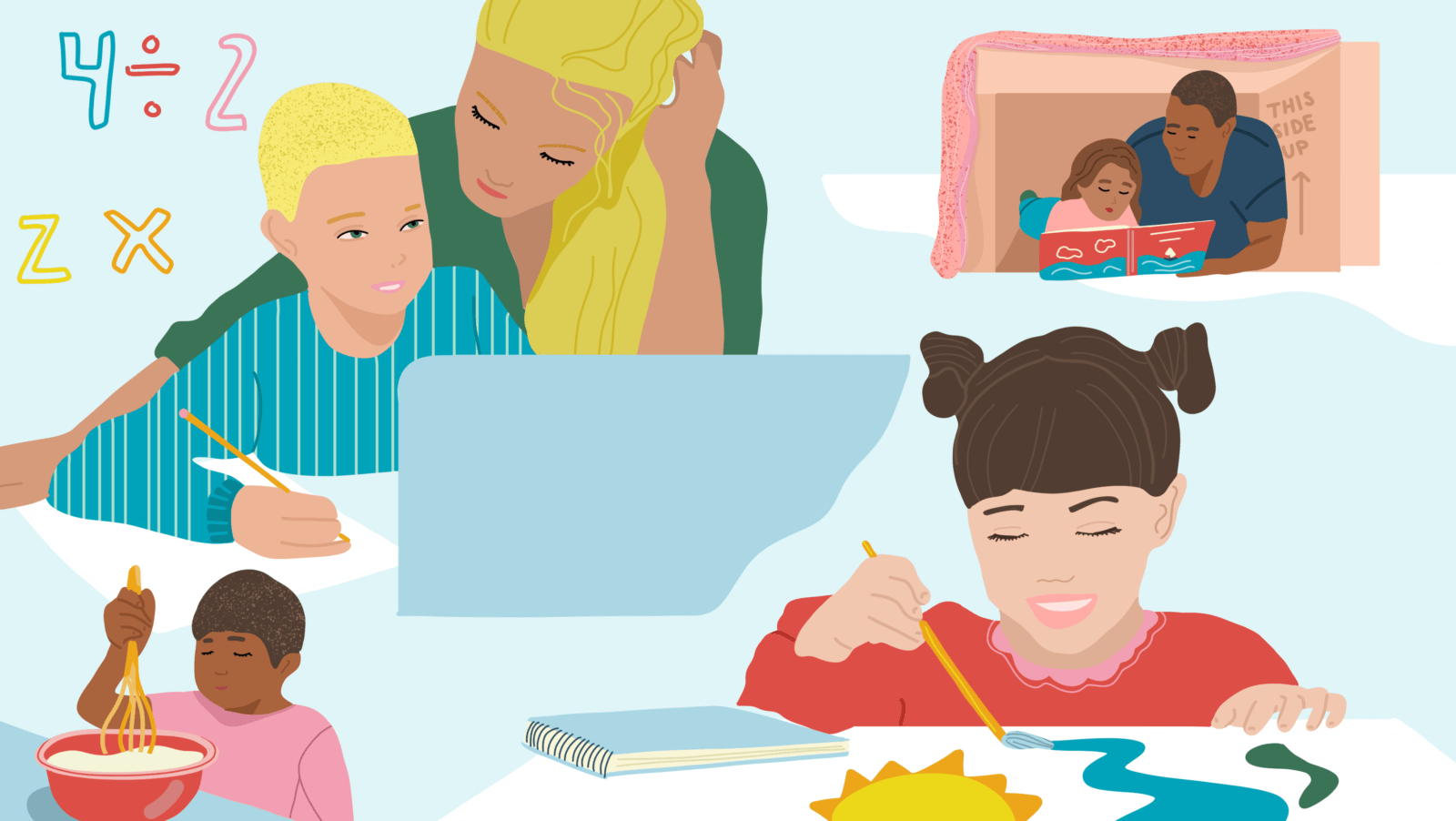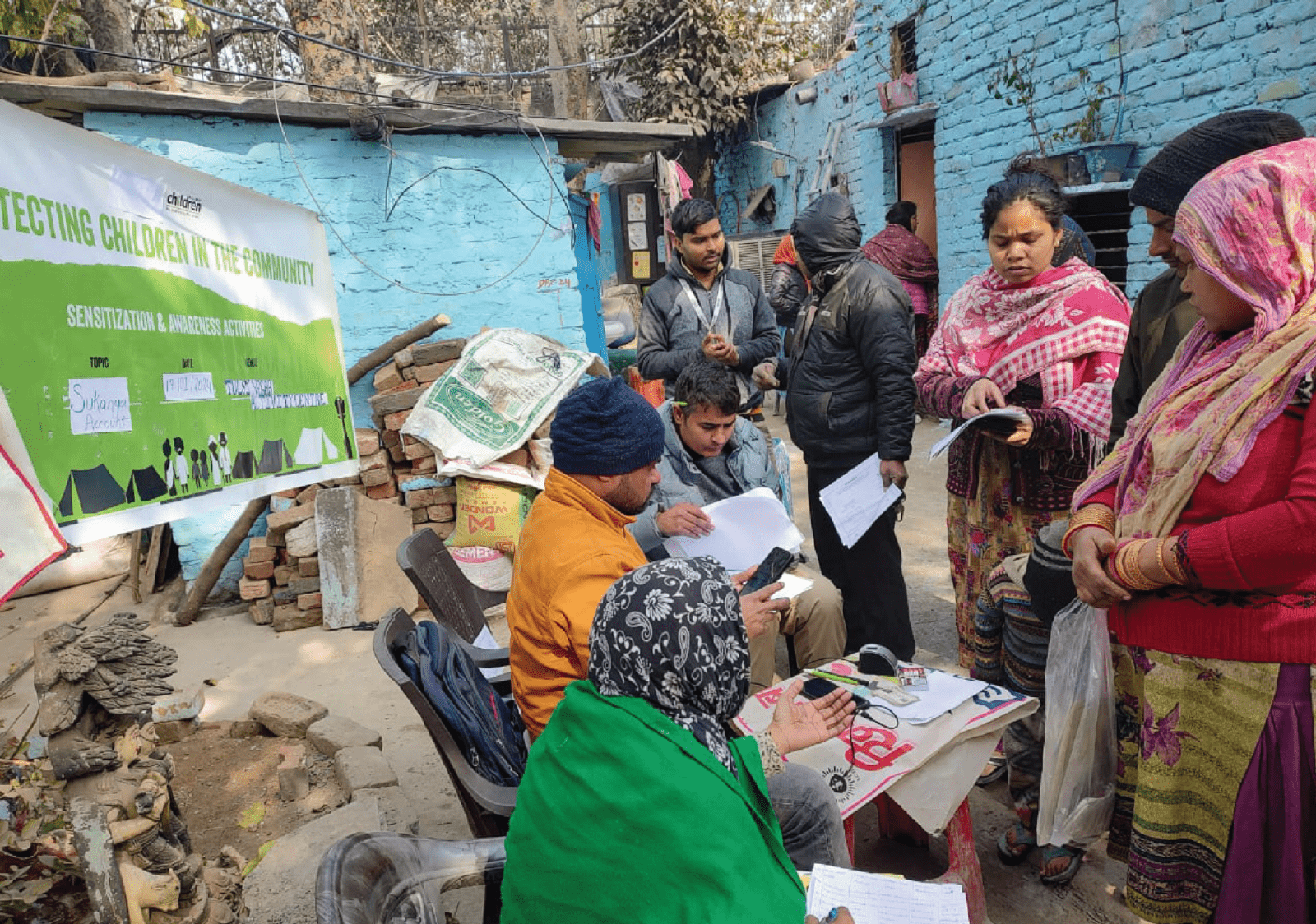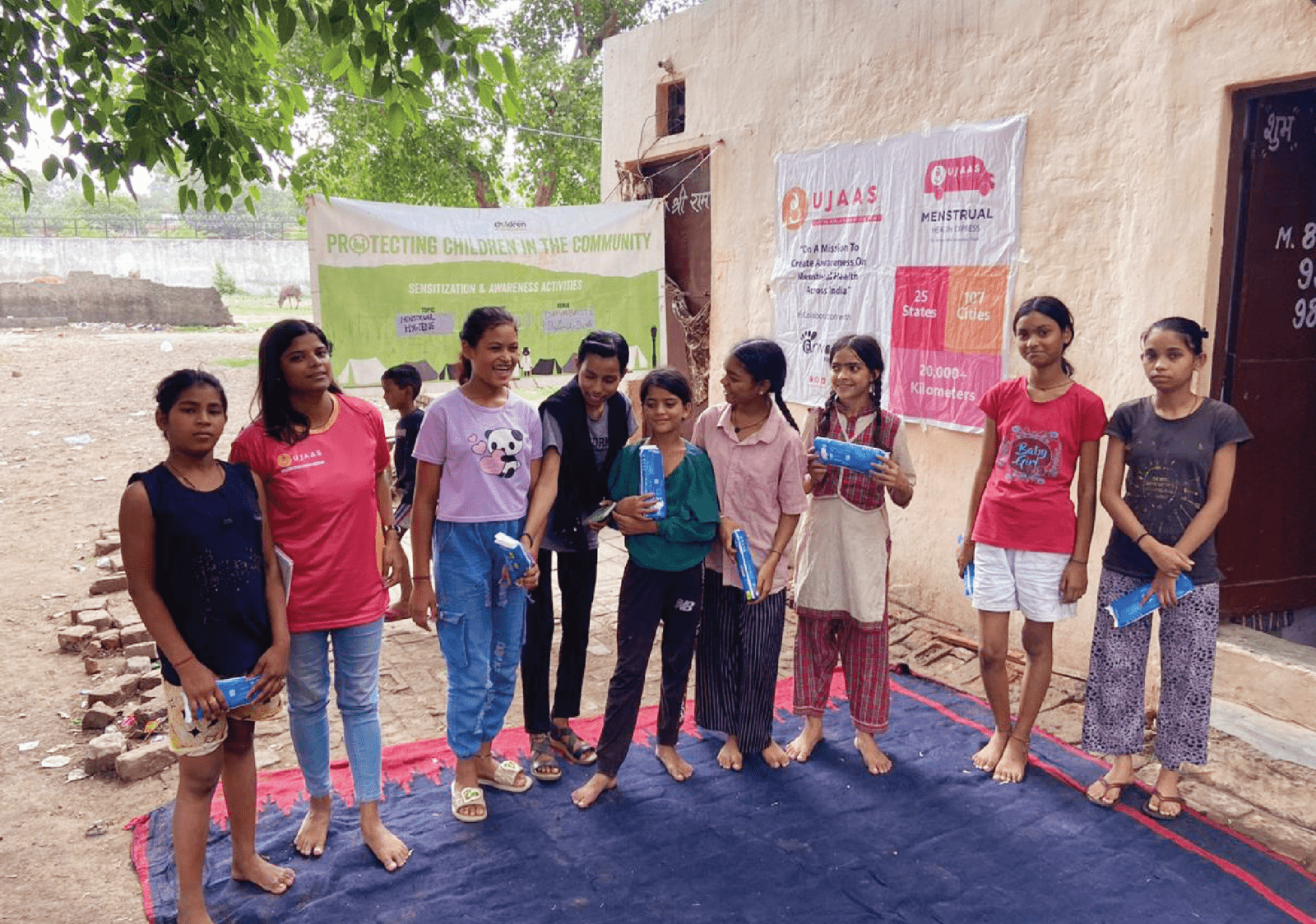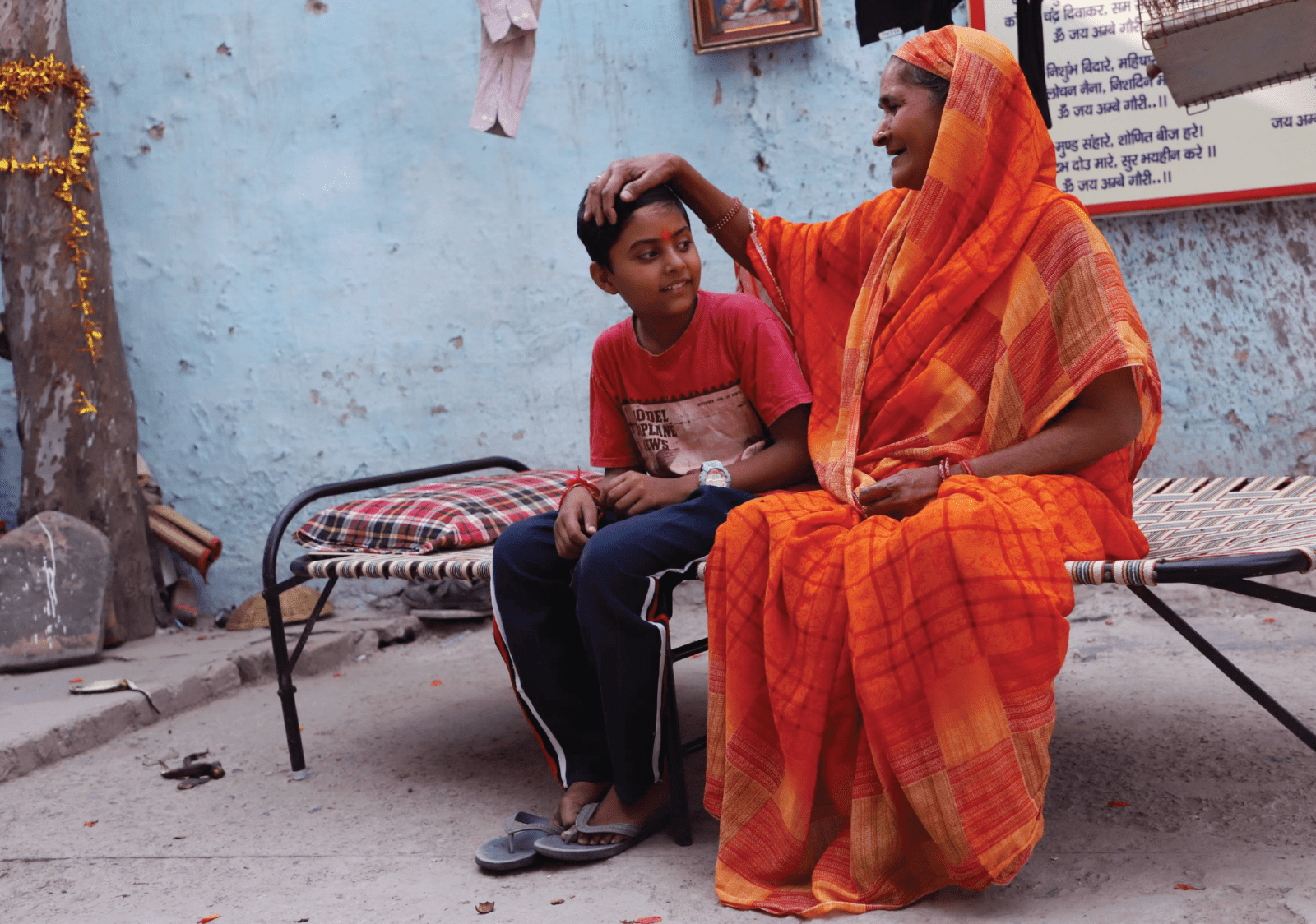Speak to a parent, and their opinion on online classes is very different from anyone else. The pandemic brought with it added responsibilities for parents towards their children. A child’s time in school is now time monitored by parents to ensure they are paying attention in class. While the education scenario is changing so is the parenting one.
In conversation with a mother of a primary school child, who talks about a changed home environment, debates real classrooms vs virtual classrooms, illustrates the positives and negatives of online learning, and deals with a new parenting dynamic like every other.
Q) How have online classes been going for your child? How is the home environment different these days?
Ans: Since it has been almost five months since the pandemic started, I have accepted and adjusted to the situation. But writing about the last few months, I am more relaxed, there is no rushing through the day either for my child or for me. There is more family time now. While household chores never posed the problem, I do miss my quiet time. The online classes help maintain a routine for the child and it’s also a gateway for social interaction, but my child doesn’t enjoy them much, her attention span is very less! But she looks forward to the co-curricular activities.
Q) How has your child been reacting to online classes?
Ans: She is generally disinterested but somehow she knows what is being taught and discussed. She doesn’t enjoy it, but she looks forward to the interactive sessions (which are held twice a week) which comprises learning via some games. This is inspite of a very good job done by the teachers.
Q) How do you believe a physical school environment is different from a virtual classroom? Tell us about both the positives and negatives.
Ans: A virtual class cannot replace the physical school environment. The physical school environment, other than academics, impart social skills which are so integral to a child’s growth. A school is a mini world wherein a child undergoes a vast series of experiences in a controlled environment, which grooms/helps them to survive in the world after school. Friendships that can last a lifetime are made in school in this environment, and physical activities like Yoga, PT are missed.
With the virtual learning process, there is increased screen time, no emotional connect either with the teachers or the classmates. Parents interference in the classroom teaching process, due to this, the teacher’s freedom is curtailed. I have to constantly nag my child to pay attention.
Q) School and learning as we know it, has changed dramatically. It might be months or much longer before it is safe for children to go back to school. What in your opinion should be the way forward?
Ans: For children upto third standard-Two hours of online classes are sufficient. Parents must be more involved in a child’s education. Parents should rely on the authentic learning tools and must avoid random videos on YouTube. Parents mustn’t be too stressed about academics, it is more important to look after the emotional and psychological wellbeing of the child.
Q) How do you think schools and parents need to prepare better to ensure learning does not suffer for children?
Ans: Good schools are already doing enough. Parents need to be more engaged apart from this.
Q) What changes have come in your everyday life with the school conducting classes online for your child?
Ans: My child has a routine now. The co-curricular activities break the monotony of everyday life. The “rushing through the day” has stopped.
Q) As a parent, what can be done on your part to give your child the best environment for a virtual classroom?
Ans: Parents should stop interfering/ prompting and sitting next to their children during the class. Parents should upload homework regularly and must teach their child for at least an hour. Parents must not criticise the virtual learning or the present times in front of the children.
Q) Until now, we have largely heard of the negative aspects of online teaching, do you have any positive outlook to the same?
Ans: The virtual classes are helping immensely to maintain the continuity in learning. It is providing a safe mode of education in the pandemic. Short term and superficial positives are that no early mornings, no tiffins, no dirty uniforms!
Q) What are your views on education boards deducting the syllabus for the senior secondary classes? Do you think this can have long-term implications for children? How so?
Ans: Not qualified to answer this, but I think nothing should be deducted. Easy topics should be given to the children to learn on their own and its assimilation can be checked via tests. But then this cannot help academically poor children.
Long term implications to deducting syllabus…are there any? I don’t remember anything from my Chemistry except a few formulae. From Maths yes, addition, subtraction and multiplication, but these were taught in third standard and not in senior secondary. Short term implications, yes. If you are enrolling in a degree course which will need you to know the deleted concepts.
Q) As a parent, how are you explaining the current scenario to your child? How does your child view school now, what’s his/her perspective on online learning? Do share examples, anecdotes and stories to explain all of the above.
Ans: My child’s major concern was not being able to go down to play, which was explained to her by pointing out the window, where she could see that no other child was playing. She does not want to go to school ever, she’s extremely thrilled and happy to stay at home, and my nephew shares the same view. She doesn’t think much about it (online learning), virtual class is something her parents want her to attend. She attends them because she has no choice! And we opted for virtual classes as it would provide opportunities for social interaction.







